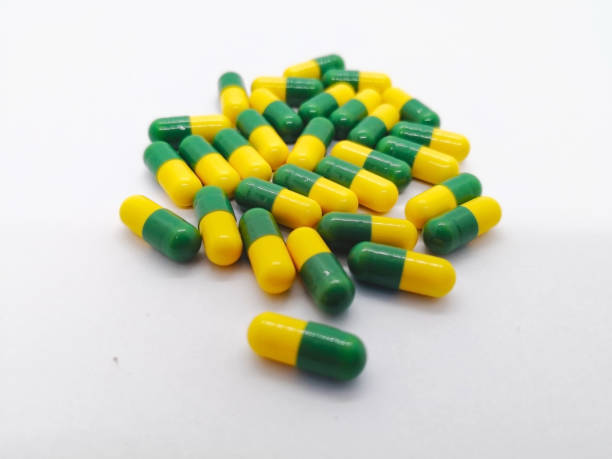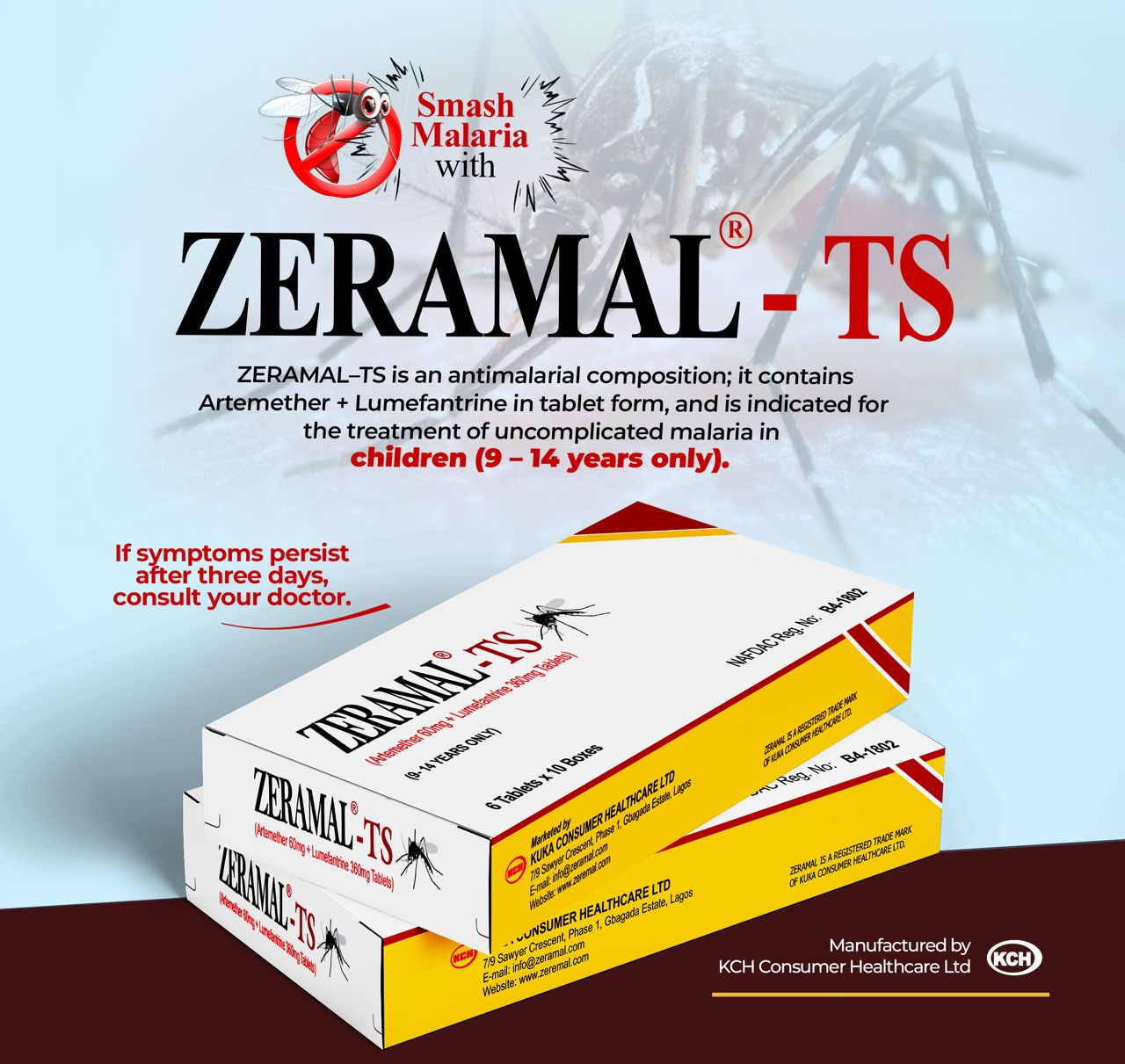By Chigbu Nwaobia
Barring any last minute change of decision, the National Agency for Food and Drug Administration and Control (NAFDAC), is considering a ban on importation of Tramadol into Nigeria to stem abuses associated with the narcotics product.
This line of thinking by authorities in the food and drug agency in Nigeria emerged recently in Lagos, during a meeting between local manufacturers of narcotics products and top management of NAFDAC.
A Reliable source privy to the discussions at the meeting told Pharmatimes that NAFDAC has already drawn up a plan of action to achieve total ban of Tramadol import.
According to the source, one of the measures being considered by NAFDAC is to encourage participation of more local manufacturers after strengthening GMP practices among high-risk industry players.
Director General of NAFDAC, Prof. Moji Adeyeye, the source said, had in the course of the meeting emphasized that local manufacturers have a pivotal role to play in combating drug abuse and therefore insists that manufacturers must support the implementation of traceability programme for all drugs.
Pharmatimes also gathered that Adeyeye insists that only manufacturers that comply strictly with the implementation of track and trace programme would be eligible to access import permits and non-compliant players would be excluded.
In explaining the rationale behind the incoming policy, Adeyeye, expressed dismay about the growing challenge of drug abuse in the country and however, said that her administration is committed to curtail the menace.
She also reiterated the importance of a reliable drug distribution channel to enhance better tracking of drug products throughout the supply chain, even as she reminded manufacturers that they are responsible for ensuring drug products are used strictly for legitimate medical purposes.
On the infiltration of Tramadol formulations through Nigeria’s borders, Adeyeye lamented that activities of smugglers are driving increased incidence of drug abuse among the youth and consequently, the menace is impacting negatively on the nation’s workforce and the economy.
Other measures NAFDAC would activate before pronouncing Tramadol import ban include mounting extensive nationwide awareness campaign to sensitize stakeholders and the general public and ensuring that local industry players operate ethically
NAFDAC further explained that its traceability objective includes; reducing substandard and falsified medicines (SFs) in the drugs supply chain, improve patient safety and build confidence in the healthcare sector of the country in line with international best practices.
It would be recalled that NAFDAC has retained its World Health Organization (WHO) maturity level 3 (ML3) status for the regulation of medicines and vaccines.
The achievement followed a rigorous re-benchmarking exercise conducted by the WHO from May 28 to 30, which affirmed that NAFDAC operates a stable, well-functioning, and integrated framework for drug and vaccine regulation.
NAFDAC first attained the ML3 status in 2022, becoming the first national regulatory authority in Africa to reach the milestone for the regulation of medicines and vaccines for non-producing countries.
Adeyeye, said that her administration is determined to ensure that Nigeria attains Maturity Level 4, the highest level in the World Health Organization’s classification of regulatory authorities for medical products. She said that Nigeria has already closed 27 of the 57 indicators required for ML 4
Achieving ML4 under the WHO Global Benchmarking Tool, Adeyeye stated, would position Nigeria among the highest-functioning globally, meeting the standard for WHO Listed Authority status, and enhancing international confidence in Nigerian-approved medicines and vaccines.
Established by decree number 15 of 1993 as amended by the ACT CAP No 1 LFN 2004 NAFDAC, is mandated to among other things improve supply chain security and establish a traceability system to accomplish the goals it was established to achieve





